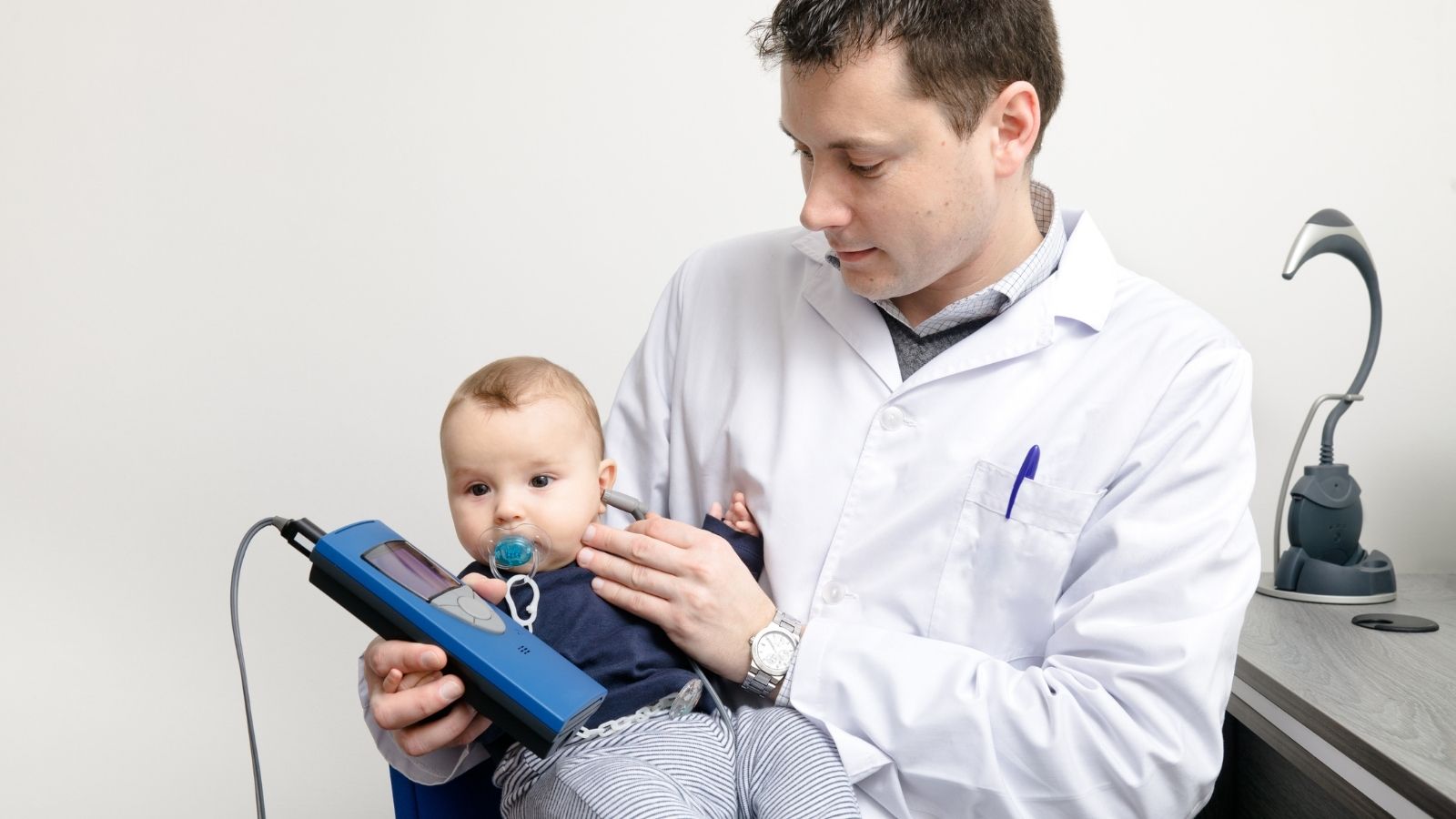Hearing plays a very critical role in the first months of a child’s cognitive, emotional and social development. Delays in a child’s ability to speak or properly use language are inevitable results of hearing impairment. It is therefore strongly suggested that parents be constantly aware of this fact. Giving their little bundles of joy, proper care, and protection like baby ear muffs is fundamental for their child’s hearing to remain unimpaired and normal.

Cause of hearing loss in infants
Although a great percentage of hearing loss in infants is due to inherited genetic conditions, viral and bacterial infections and side effects from certain medications, an infant’s environment can be a contributory factor too, to hearing difficulties and loss. Constant or regular exposure to loud sounds harms an infant’s hearing. Without baby ear muffs loud noises may cause partial, temporary or permanent damage to an infant’s hearing.
Noise-induced hearing loss
Hearing a very loud blast or being subject to loud sounds for an extended period causes damage to the tiny sensory hair cells in the inner ear. The damage caused to these cells results in noise-induced hearing loss and can add up and inevitably greatly affect a baby’s hearing ability over time.
Damaging noise levels
Different sounds fill the air throughout the day. Some sounds can be well-tolerated and safe, while others are damaging. The sound of a vacuum cleaner that is at 70 decibels and that of an alarm clock or city street traffic that is at 80 decibels are considered very loud levels for a child more so for an infant.
Falling under the extremely loud level noise category are noisy toys, lawnmowers, workshop tools that produce sound at 90 decibels. The noise in a busy restaurant and the sound of a motorcycle is also in this category. Wearing baby ear muffs would give ample protection when exposed to these noises.
Newborn hearing screening in not a guarantee
Passing a newborn hearing screening is no guarantee that an infant's hearing will remain normal throughout its early development. Parents need to have a keen eye on their baby's development. It is a must, ›especially if they live in a busy and noise-filled environment. Missed hearing milestones may indicate that a baby's hearing may not be normal, and professional help or advice should be sought.
Important Hearing Milestones
There are certain behavioural indicators in assessing an infant’s hearing during his or her first year. Let's go through some of these behaviours.
- Newly born infants are startled or stirred by sudden, loud noises.
- By the third month, an infant is expected to recognise and respond to a parent’s or a familiar person’s voice.
- In the sixth month, an infant can look toward the source of familiar sounds and smile when spoken to.
- By the 12th month, a baby starts imitating sounds and may babble words like "mama," "dada", or even '" Bye-bye."
Comparing an infant’s actual development with these milestones may lead to early detection of a hearing problem. Like with any other health concern, early detection is key to arresting the deterioration or putting the progression of a disease to a halt. Hearing is important, and the organs for hearing should be well protected from the noise that is damaging not just to the organ for hearing but to the child’s normal development and future as well.
